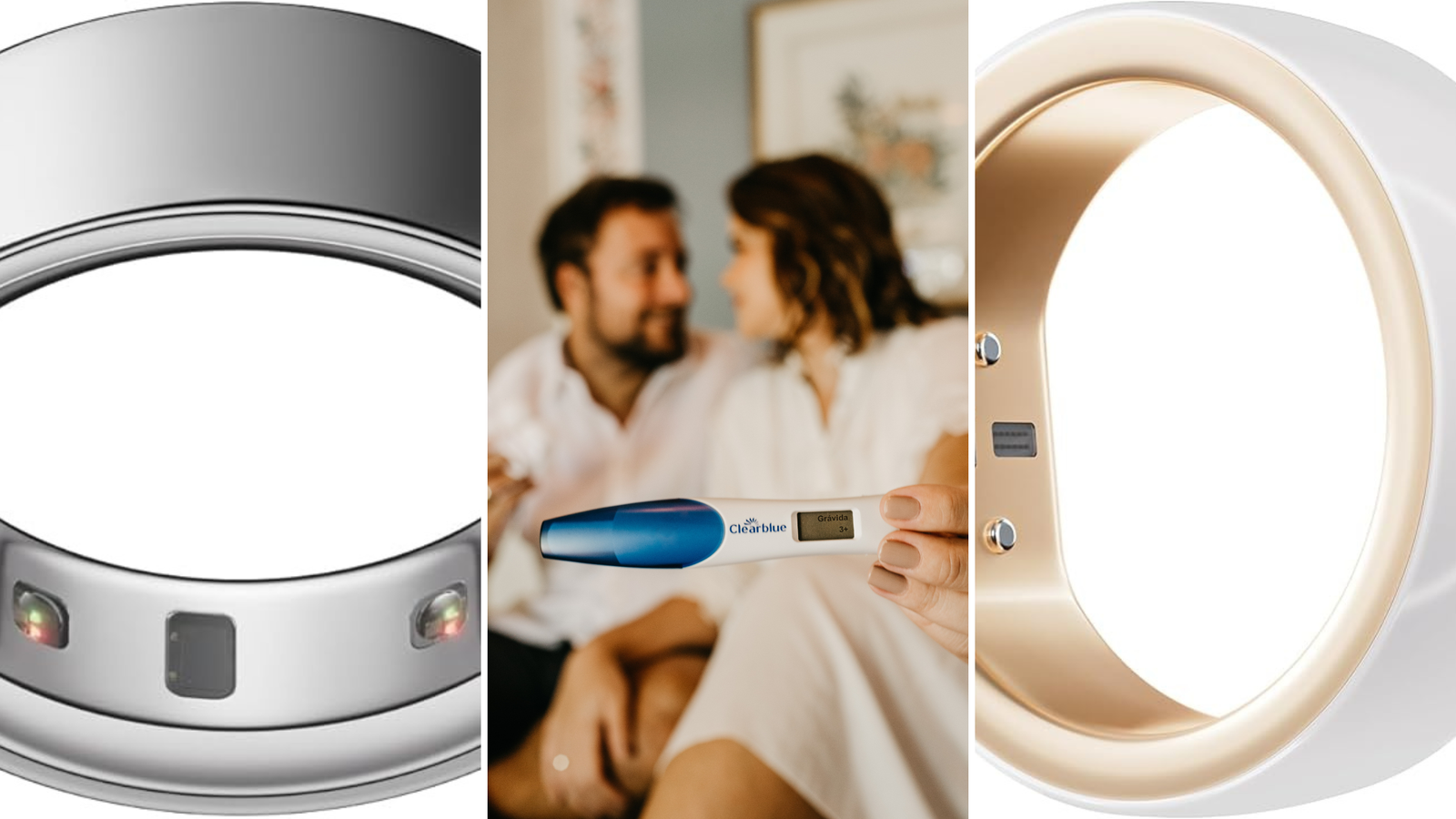Deciding to start a family after using birth control for an extended period can raise many questions about fertility and how soon one can expect to conceive. Here’s what you need to know about the process and what factors might influence it.
Factors Affecting Fertility Post-Birth Control
Several factors can influence how quickly you can get pregnant after stopping birth control:
- Type of Birth Control:
- Pills: Fertility typically returns quickly, often within a month.
- IUDs (Intrauterine Devices): Fertility can return immediately after removal.
- Implants and Injections: These might take a few months for fertility to return to normal.
- Age: Fertility naturally declines with age, especially after 35.
- Overall Health: A healthy lifestyle can positively impact your fertility.
What to Expect
- First Few Months:
- Cycle Irregularity: It’s common to have irregular periods initially as your body readjusts.
- Ovulation Monitoring: Using ovulation tests can help track your fertile window.
- After Six Months:
- If you haven’t conceived within six months, it might be helpful to consult a healthcare provider.
Tips for Enhancing Fertility
Here are some strategies to enhance your chances of conceiving:
- Healthy Diet: Focus on a balanced diet rich in vitamins and minerals.
- Regular Exercise: Maintain a healthy weight through regular physical activity.
- Avoid Stress: Stress management techniques like yoga and meditation can be beneficial.
- Track Your Cycle: Apps and ovulation kits can help you understand your cycle better.
When to Seek Help
If you’re under 35 and haven’t conceived after a year, or if you’re over 35 and it’s been six months, it’s a good idea to see a fertility specialist. They can provide personalized advice and check for any underlying issues.
Read also: Basal Body Temperature Chart: Pregnant vs Not Pregnant
Is it hard to get pregnant after being on birth control for years?
For most women, fertility returns relatively quickly after stopping birth control, regardless of how long it has been used. However, the time it takes to conceive can vary depending on the type of birth control used, individual health factors, and age. Generally, prolonged use of birth control does not have a long-term impact on fertility.
How soon after stopping birth control do you ovulate?
Ovulation can resume as soon as two weeks after stopping birth control pills. For IUDs, fertility can return immediately after removal. Implants and injections might take a few months for ovulation to normalize. The exact timing can vary based on individual health and the type of birth control used.
How many years does it take for birth control to make you infertile?
There is no evidence that using birth control for any length of time causes permanent infertility. Fertility typically returns after stopping the use of birth control, regardless of how many years it was used. Any delays in conceiving are usually temporary and related to the body’s readjustment process.
Read also: Cramps Post Ovulation: Does Cramping During Ovulation Mean Pregnancy?
What is the quickest way to get pregnant fast?
To increase your chances of getting pregnant quickly:
- Track Ovulation: Use ovulation predictor kits or track basal body temperature to identify your fertile window.
- Healthy Lifestyle: Maintain a balanced diet, exercise regularly, and avoid smoking or excessive alcohol.
- Regular Intercourse: Aim for intercourse every 2-3 days during the fertile window.
- Prenatal Vitamins: Start taking prenatal vitamins, especially folic acid, to prepare your body for pregnancy.
How long does it take for your period to return after birth control?
Your period can return as soon as four weeks after stopping birth control pills. For IUDs, periods can resume immediately or within a month. With implants and injections, it may take a few months for regular periods to resume. Cycle regularity can vary based on individual health and the type of birth control used.
What happens when you stop taking birth control and then start again?
When you stop taking birth control, your body begins to revert to its natural hormonal cycle. If you start taking birth control again after stopping, it might take a few days to weeks for the contraceptive effects to re-establish, depending on the type of birth control. It’s important to use additional contraception during this period to prevent unintended pregnancy.
By understanding these aspects, you can better navigate your reproductive health and plan effectively for pregnancy.
Conclusion
In conclusion, getting pregnant after being on birth control for five years can vary widely. For some, fertility returns immediately, while others might take a few months.
It’s essential to be patient, take care of your health, and seek medical advice if needed. By understanding your body and following healthy practices, you can increase your chances of conceiving.
Tools:
- Luteal phase calculator
- BBT Temperature Converter
- Birth control calculator
- Bishop Score Calculator
- Due Date Calculator
- Breast Cancer Recurrence Risk Calculator
- Breastfeeding Calories Calculator
- Clomid Ovulation Calculator
- Conception Calculator
- Due Date Calculator
- Egg Freezing Calculator
- Flange Size Calculator
- Ideal Weight To Get Pregnant Calculator
- Implantation calculator
- IVF success calculator after retrieval
- Menstrual or Implantation Bleeding Quiz
- MCA PSV MoM calculator
- hCG Levels Calculator
- IVF Due Date Calculator
- Who Got Me Pregnant Calculator
- Conception Calculator
- Pearl Index Calculator
- Flange Size Calculator
- Period Calculator
- TIRADS Calculator
- Egg Freezing Calculator
- Fundal Height Calculator
- Pregnancy Weight Gain Calculator
- Chances of Having Twins Calculator
- VTE Risk Score Calculator



